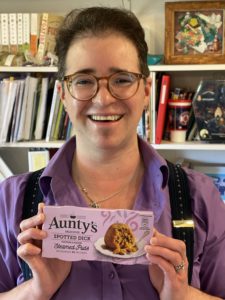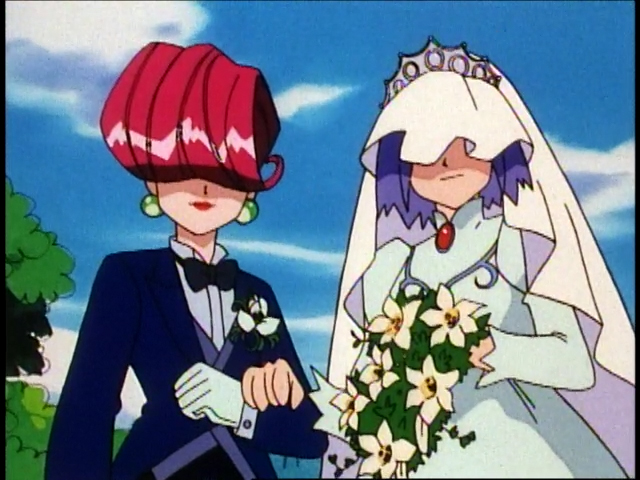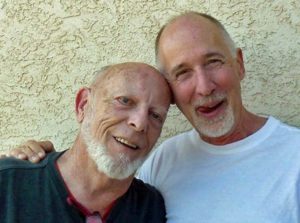Happy (?) November, readers. My mood continues to be “living my best life in the end times”, hence the question mark. This post’s title references an article I will shortly mention, but also a realization that sometimes gives me hope and other times makes me feel more helpless than ever. I grew up thinking that society’s big problems persisted because they were too complex to solve. Not to go all tinfoil-hat conspiracy theory on you, but I’ve learned enough history to see that our broken systems are broken because someone deliberately designed them that way.
The 1619 Project from the NY Times made certain people mad because it argued that racism shaped American health care, urban design, and financial markets in deep and lasting ways that hurt everyone today. For example, this recent post by Scott Lemieux at Lawyers, Guns and Money informed me that urban planner Robert Moses deliberately made New York’s bridges too low for buses to pass under them, so that poorer, mostly nonwhite New Yorkers couldn’t easily access Jones Beach. It’s so blatant that it makes my teeth hurt.
My best friend from Harvard and I were talking about the University of Austin, a new college being launched by “anti-woke pundit provocateurs” (to quote Slate) who believe that social justice orthodoxy has shut down free debate. That is, actually, the kind of statement I would have made as a college student. My friend and I now agree that the real chilling effect on campus comes from economic precariousness and exploitation. Few people have the freedom to speak their mind when burdened with six-figure debt. Whether Left or Right ideologies prevail in a particular institution matters less than the fact that modern university endowments are built on the underpaid labor of grad students and adjunct professors with no health benefits.
On the website of speculative fiction publisher Tor.com, Courtney Floyd’s article “Beyond Dark Academia: The Real Horror in Magic School Is Systemic Inequality” dares us to imagine alternatives to our fantasies of privilege. Comparing popular fictional schools from The Magicians (SyFy) and Naomi Novik’s Scholomance series, among others, to the disabilities and financial hardship faced by many real-world graduates, Floyd writes:
It’s wild that even magic school stories about the brokenness and corruption of the system assume that graduates will successfully navigate that system and become fully-actualized professionals.
When you come of age in a broken system, the identity you crafted in school is rarely the one you get to occupy in professional life. And that’s assuming you’re admitted in the first place, able to stay enrolled, and have or obtain the support and resources you need to earn your degree—feats which the academy makes nearly impossible unless you are already familiar with the inner workings of the institution (via your parents or network), are independently wealthy, and are able-bodied enough to throw caution (or work-life balance) to the wind. Because, in reality? Schools, magic or otherwise, are almost always places of privilege that cater largely to the privileged, all while selling the myth that they are for everyone…
By presenting institutions of magical education as places where the darkness sometimes creeps in, instead of places designed to perpetuate systemic inequality, these stories imply that the institution, as well as the kids it supposedly trains, is ultimately alright.
We never explore what happens when your admission letter extends a welcome that’s not followed through by faculty, staff, or your fellow students because you don’t fit into the narrow ideal of what a student should be. Or what happens when the people who you’re trusting to guide you through this process are toxic or abusive or have earned tenure and simply don’t care anymore. We don’t learn what happens when, degree in hand, you discover that there are three full-time, benefited jobs in your field in the whole world, and hundreds or thousands of applicants for each of them.
In another detour into under-explored folklore, I enjoyed this feature that Jewish Currents published near Halloween: “Aaahh!!! Jewish Monsters,” written by Eli Lichtschein with illustrations by Joey Ramona. You’ve probably heard about the golem, but can you identify a shayd–a demon that takes human form? Look for its tell-tale chicken feet! (Could this be why my mother made us take off our shoes in the house?)
The Harvard Divinity School Bulletin riffs on a J.K. Rowling title in their article “Fantastic Faiths and What We Can Learn From Them”. This transcript of Gianna Cacciatore’s Harvard Religion Beat podcast interview with Prof. Charles Stang (no relation to Ivan Stang at the Church of the SubGenius, I hope) discusses how fictional and real-world religions influence each other. Stang observes that films like The Matrix and Blade Runner hark back to the Gnostic doctrine that our consensus reality is an illusion created by an evil demigod. Only now, the demigod is us, and if our films are any indication, we’ve lost the hope of a transcendent reality beyond the veil. Meanwhile, “on the United Kingdom’s 2001 census, 390,000 people identified their religion as ‘Jediism’.” As in, Star Wars.
I continue to be blown away by novelist and short story writer Brandon Taylor’s Substack newsletter, Sweater Weather. His cultural essays are cheeky, erudite, melancholy, and satirical, sometimes all in the same paragraph. You think you’re settling down for a light laugh about bourgeois New Yorkers and suddenly you’re crying, or deciding to read Zola. And then you laugh again. In his October post “trauma is a ghost, who knew,” he reveals why his mind works that way. Adapting the screenplay for his acclaimed novel Real Life made him re-live memories of childhood sexual abuse and its denial by his family.
I don’t speak to my family. I am alone in the world. I have some friends. But. I am alone in the world. And that’s okay. But sometimes, I wonder. Am I being too hard. Too enamored of my grudges. Then I remember that I still have nightmares. I remember that years ago, they carved something from me. Such that whatever love or peace or happiness or prosperity or tiny sliver of the world I might come into for myself is forever alloyed with not just a sense of loss, but a sense of cataclysmic alteration.
I’m never going to be okay. I’m never going to be over it. I’m never going to have processed my trauma. It hangs over me like a part of the starred firmament. That shit is the fucking moon. The permanent, irrevocable nature of what was done to me. That’s why it’s always Alabama when I dream.
And then, being the great critic that he is, he segues into analyzing his favorite movies where people do what his family could not: have long, messy, slowly unfolding conversations about the hard stuff.
I think I love movies like that because it feels like a reality I’d want to live in. Where you had to just keep talking until you both died.
I wonder what my dad would say if we could get into one of those conversations. About everything. The last time I tried, he kept saying, “I didn’t know.” And I thought, how could you not. When I told you. But I couldn’t say that because he was professing not to know. And I thought, here is someone who desperately wants to stop this conversation. Who wants to live in a reality in which he did not know about what was happening to me. And that is fine. He can live in that reality. But he cannot live in that reality and have me live in it too.
Words to live by, friend.




